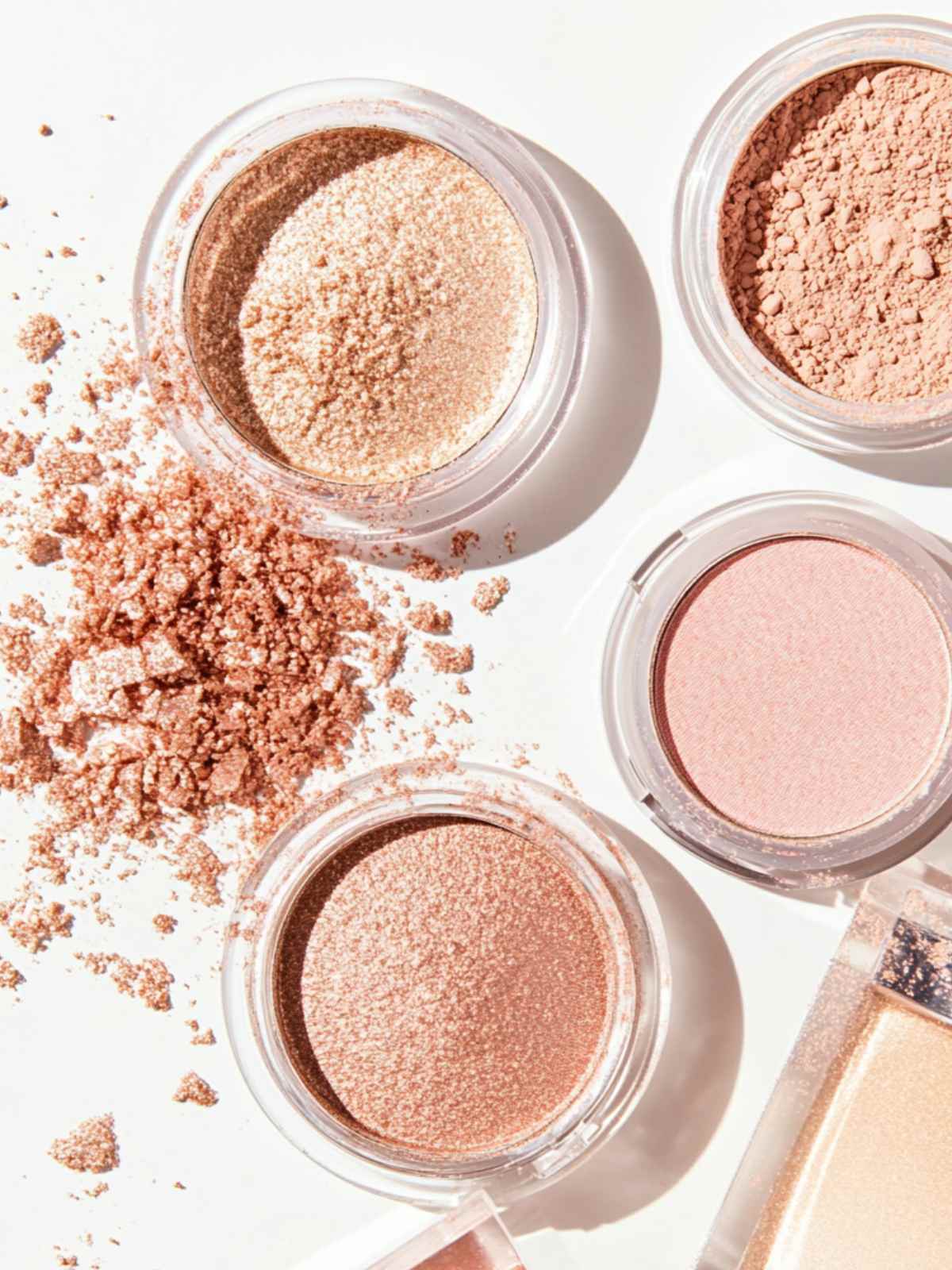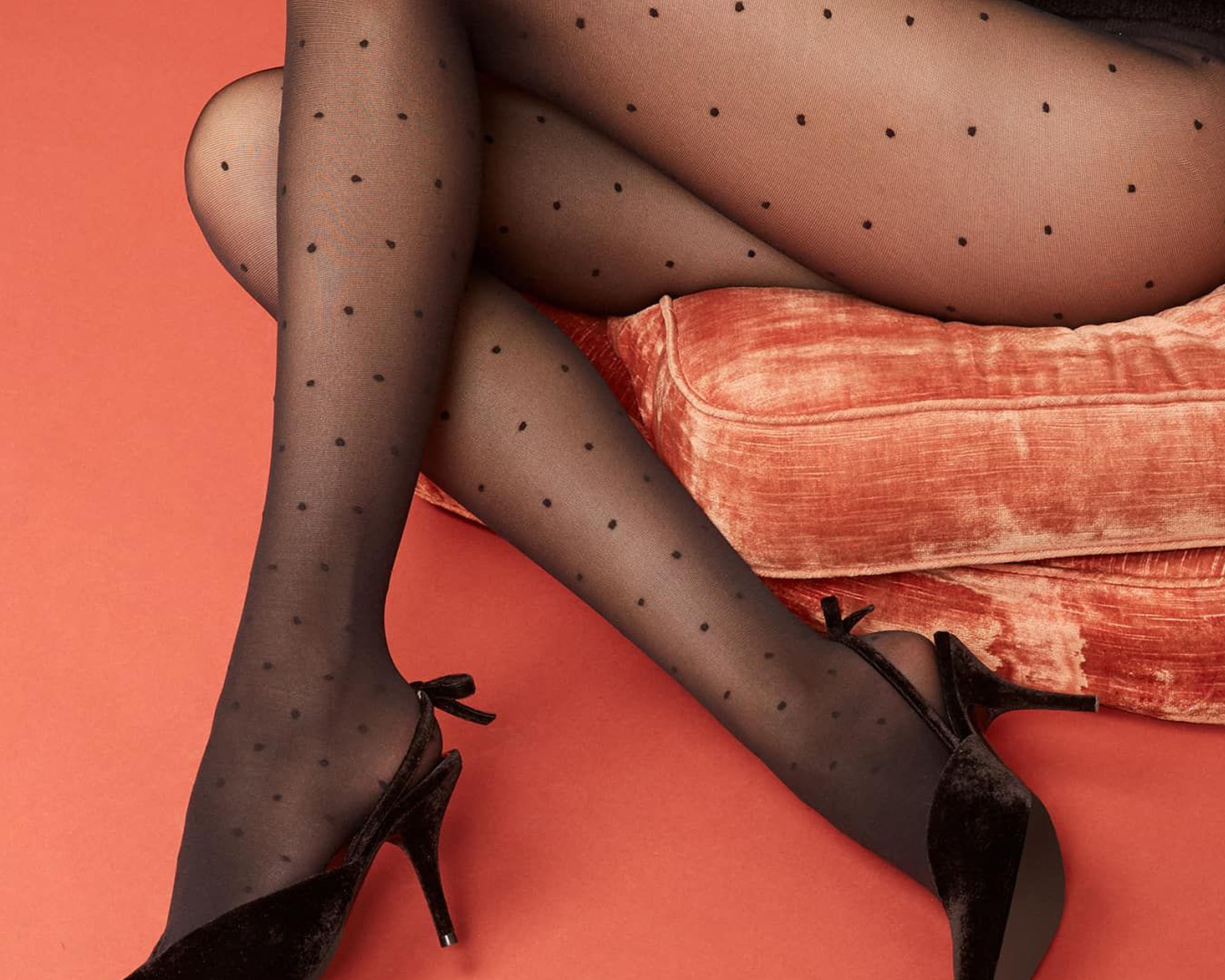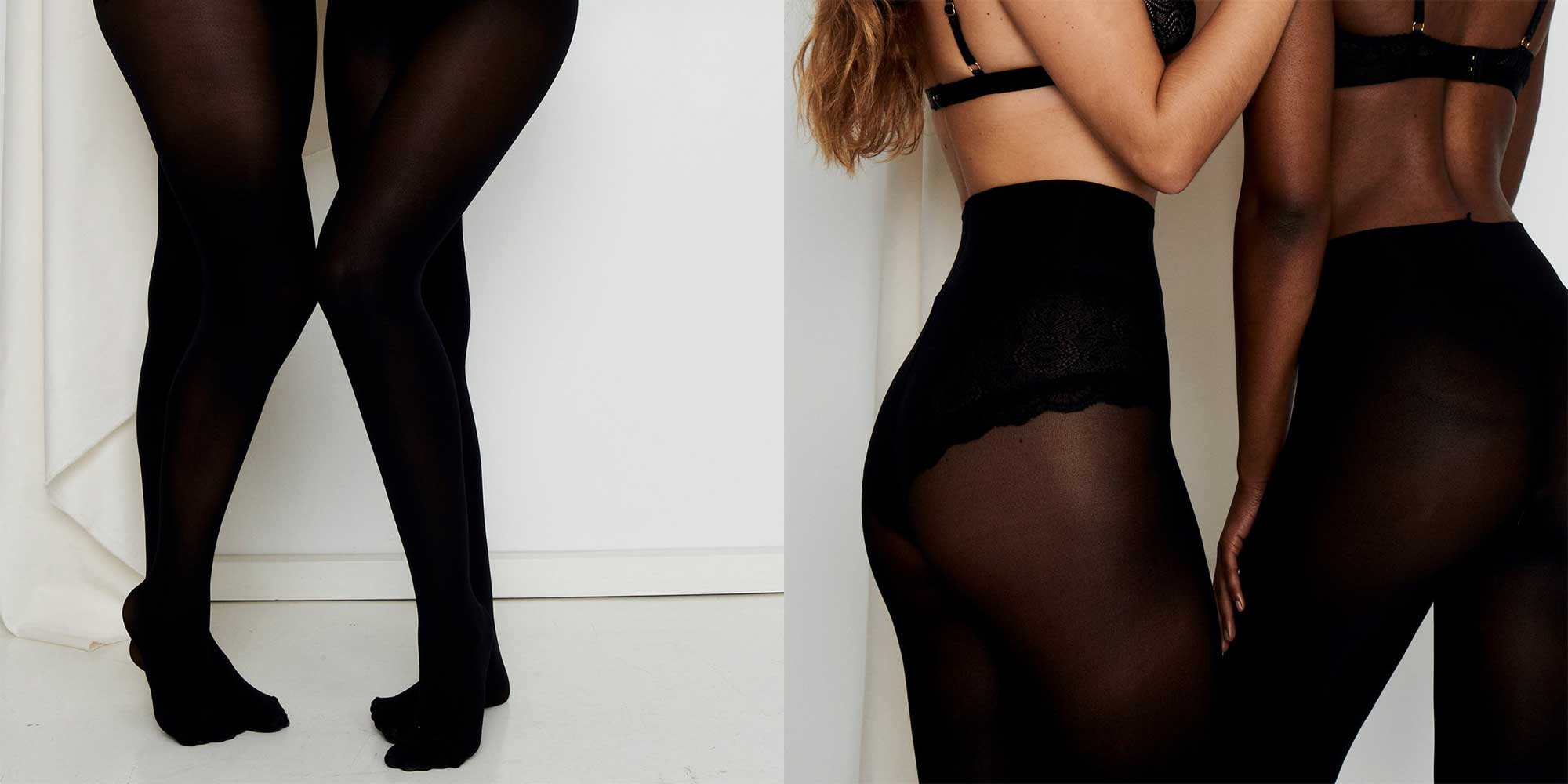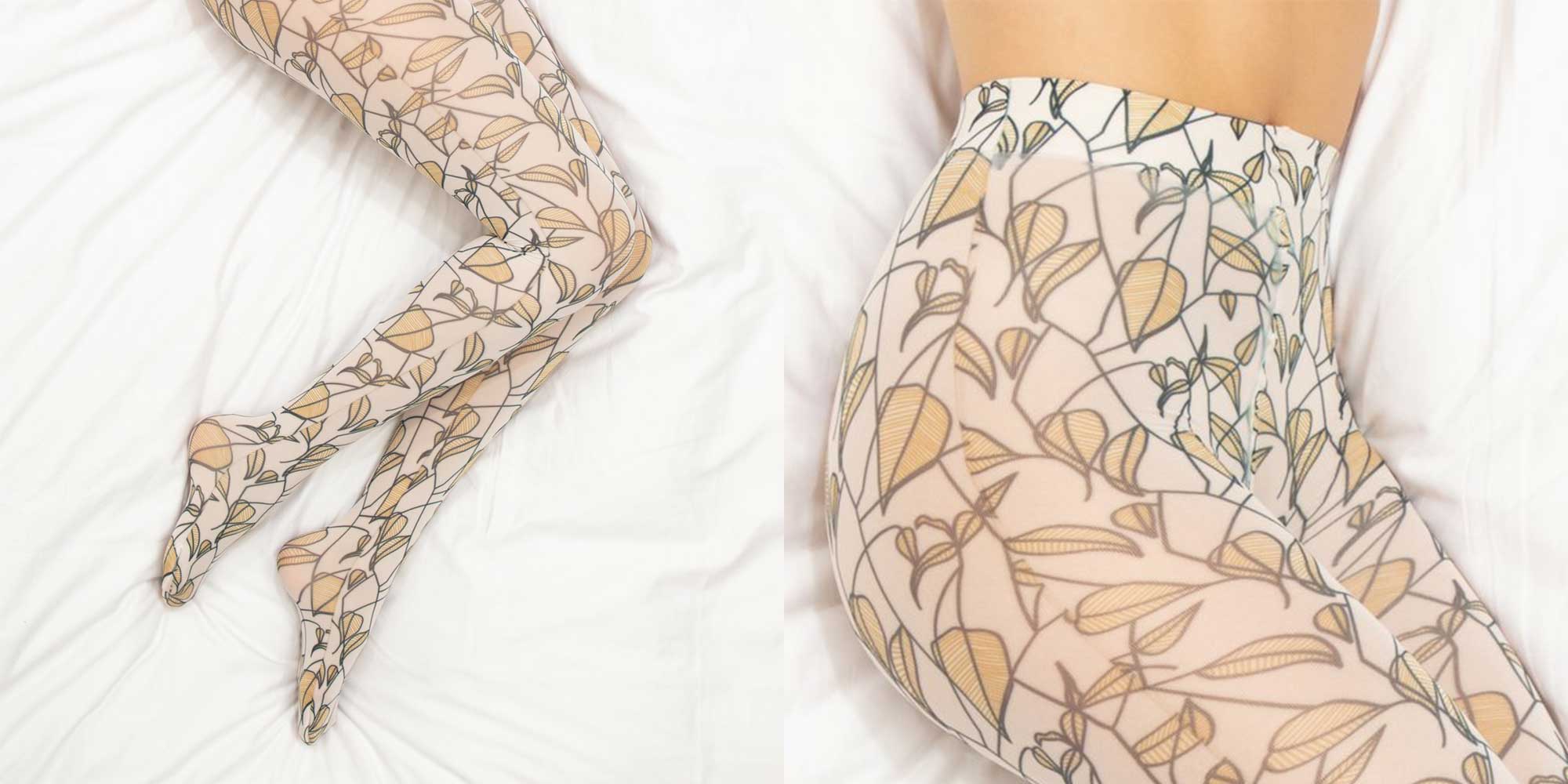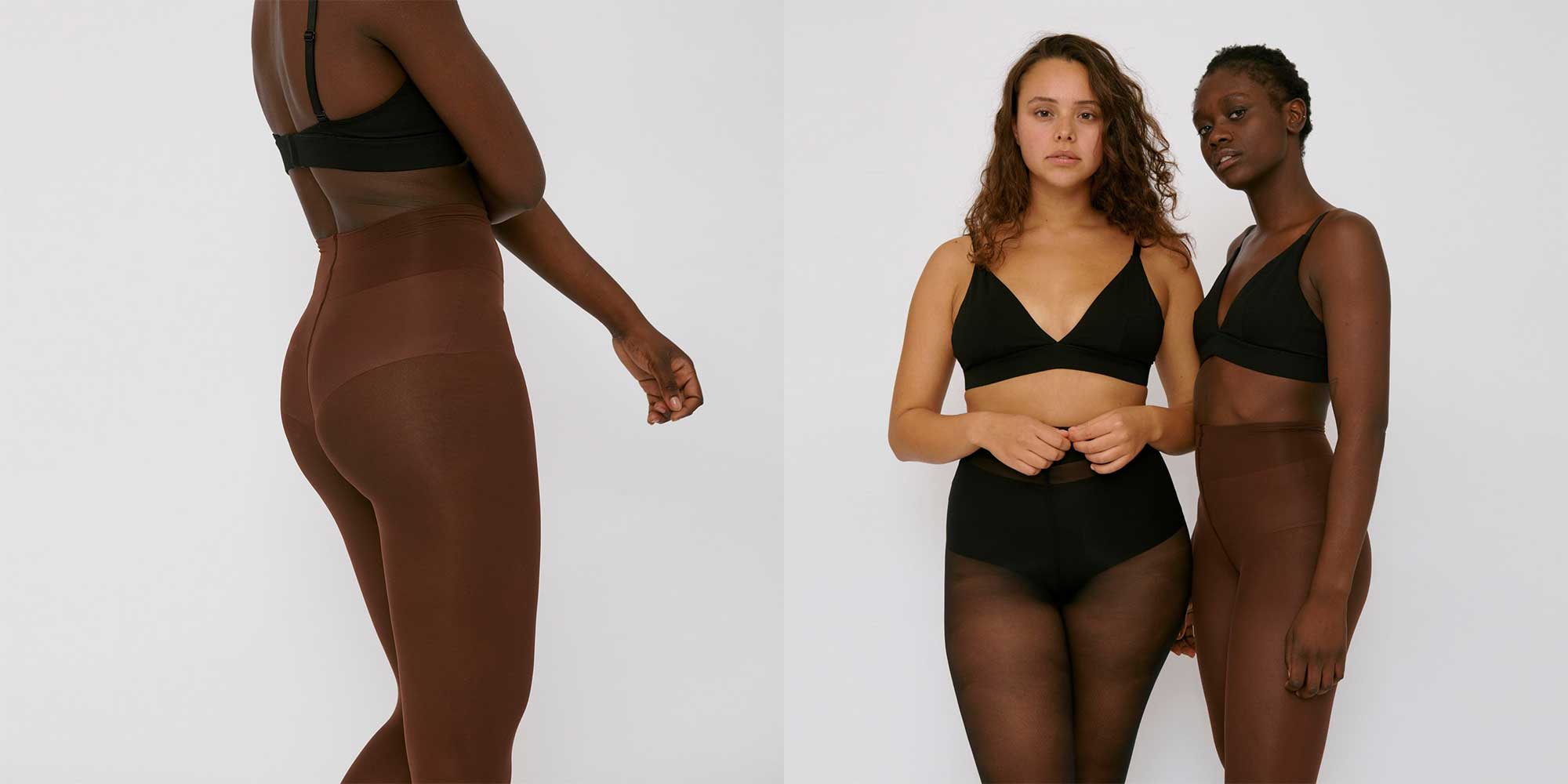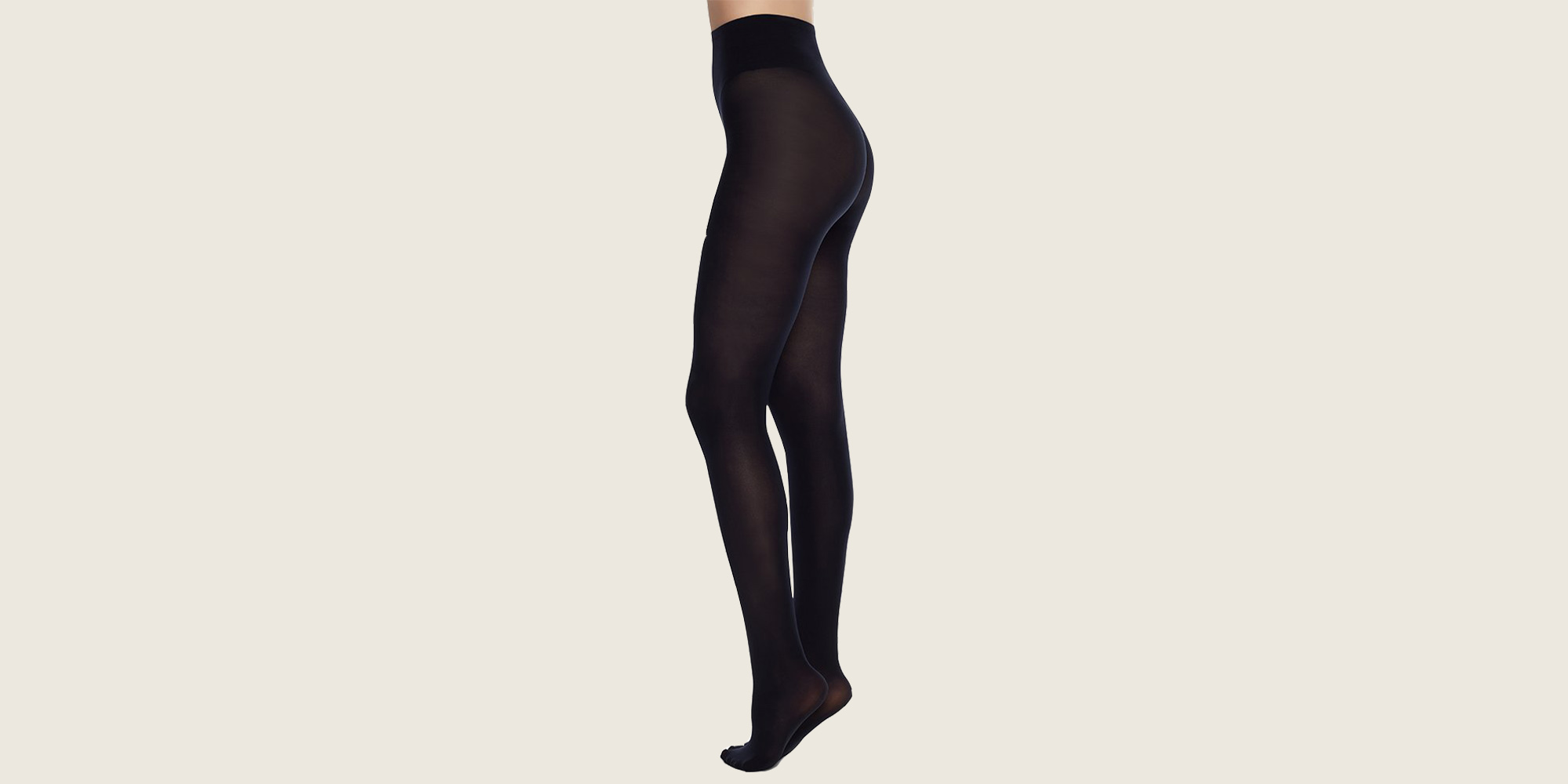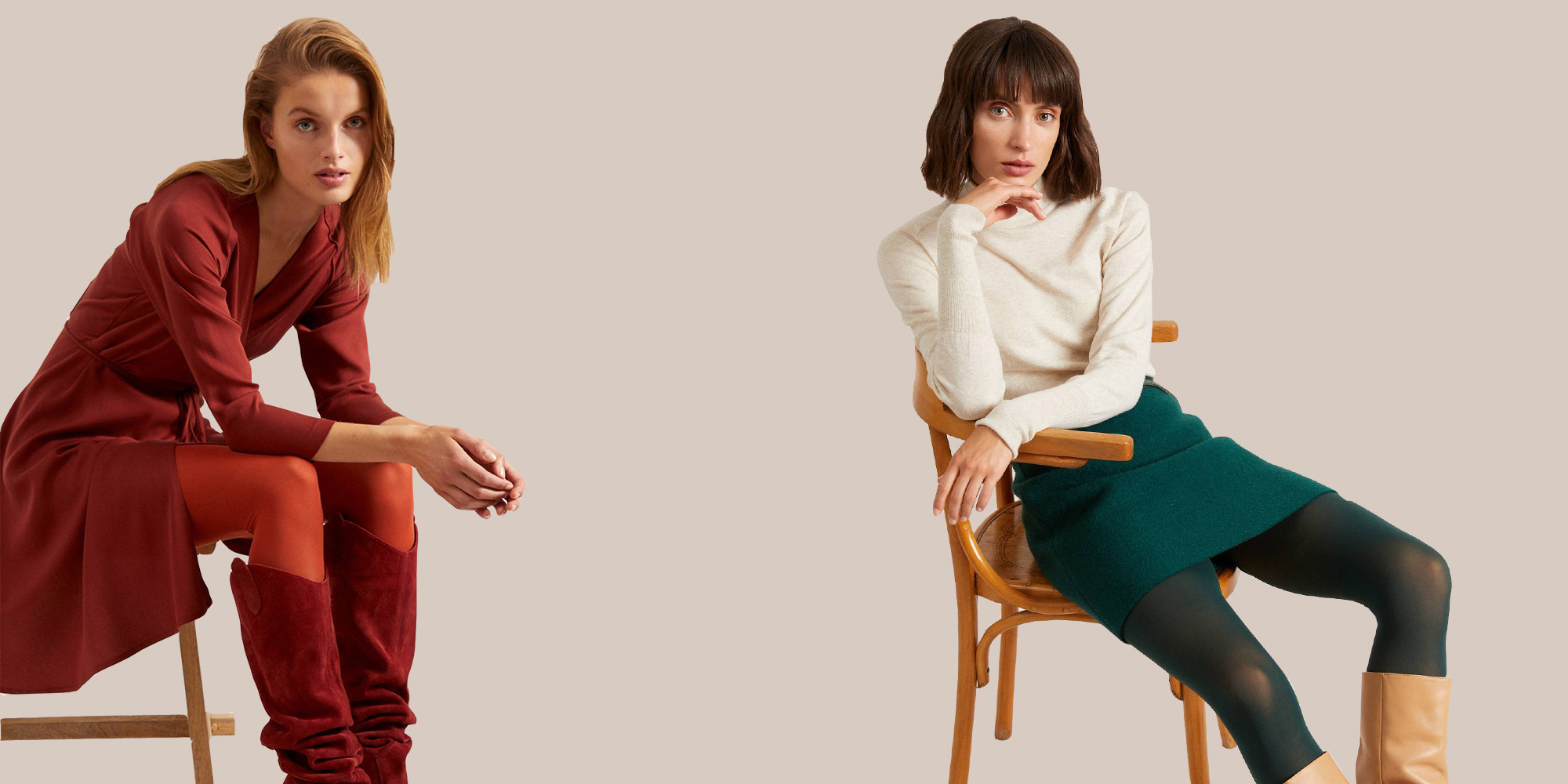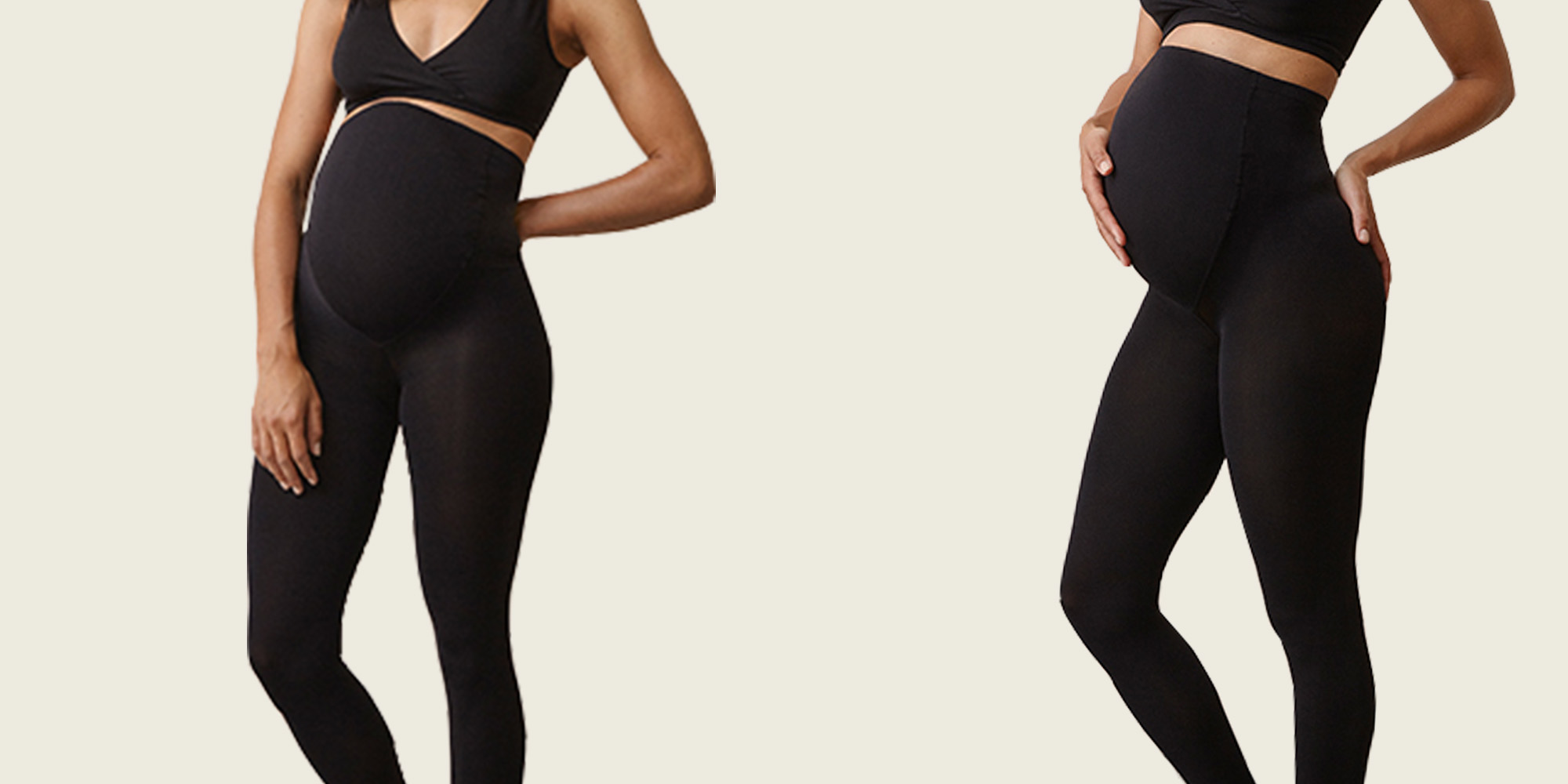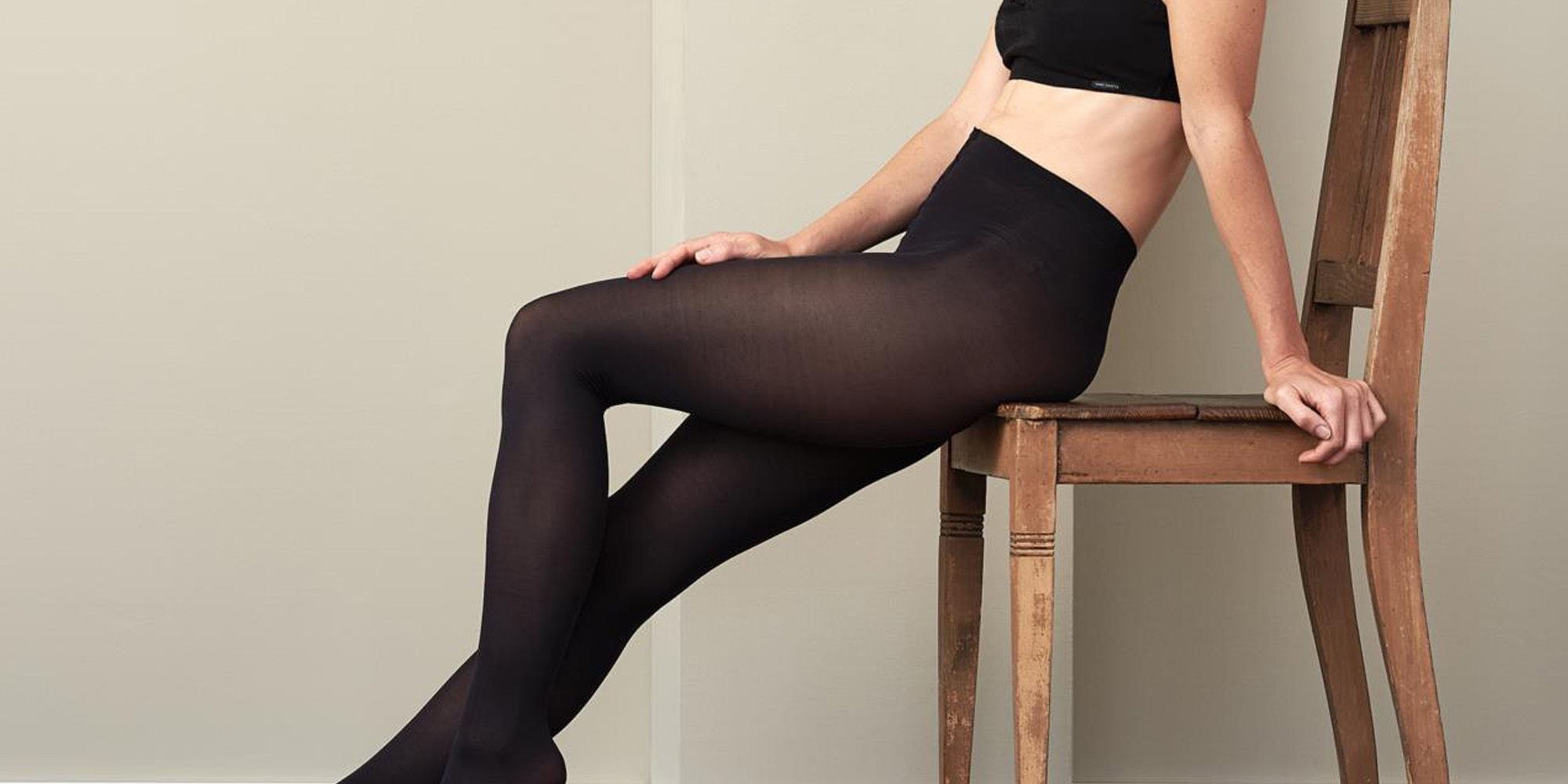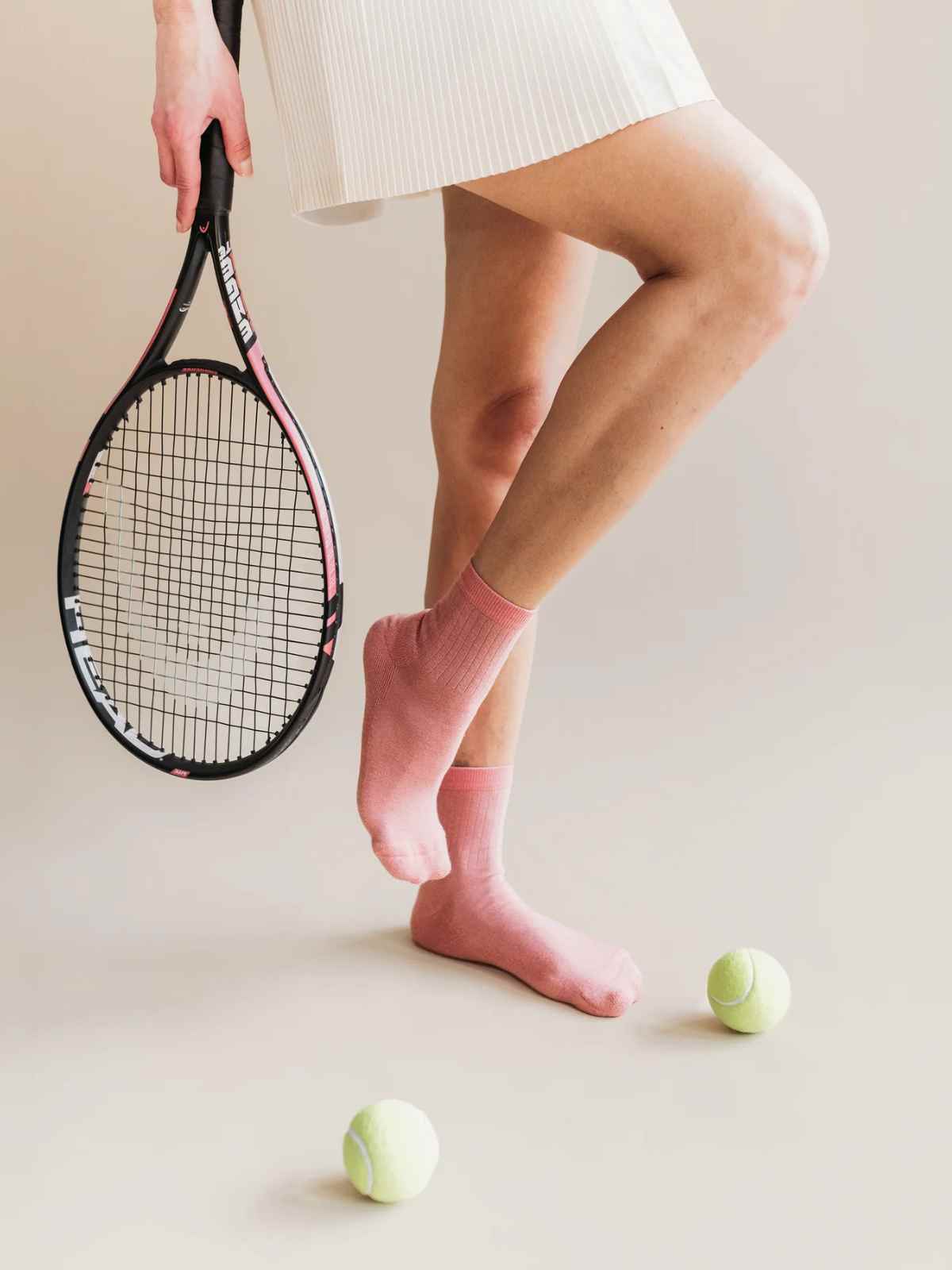Our editors curate highly rated brands that are first assessed by our rigorous ratings system. Buying through our links may earn us a commission—supporting the work we do. Learn more.
Since their inception, tights have maintained a sense of modernity, offering warmth in their functionality and appeal in their sheer and flattering finish. As the story goes, four hundred years ago Reverend Lee presented the first pair of stockings made from pure silk to Queen Elizabeth I of England. For many centuries, silk hose were exclusively sported by wealthy noblemen, as the material traversed many miles from China, making it incredibly expensive and difficult to manufacture in bulk. And sadly, the process didn’t get much easier over time, with modern tights presenting their own host of issues. Read on to learn about the problems that still exist today with these essential garments, and discover our recommendations for sustainable tights.
Tights through time: a revolution in the textile industry
Two developments during the 1940s made the tights we see lining our shelves today possible. Circular machines were improved so that they could knit stockings in one piece, essentially attaching the ‘panty’ to the garment and removing the need for a garter. While pantyhose were convenient for warmth, it wasn’t until the rise of the miniskirt in the mid-60’s that tights started to really become popular with the masses; the mini’s short hem rendered the old garter belt truly arbitrary. Tights, as much as the mini, were a gesture of freedom that pointed towards youthfulness. Because of this, tights became part of the message of anti-establishment and looking towards the future.
And even more significant was the DuPont Company’s invention of a problematic synthetic fibre you probably have in your drawer today: nylon.
So, what’s the deal with nylon?
First, the science. Nylon is the name of a family of synthetic polymers that are commonly used to make a variety of different types of apparel and consumer goods. It was the first synthetic fibre that combined extraordinary strength and elasticity. The production of nylon is generally considered to have negative environmental and human impacts. While it’s possible to make nylon with other substances, most producers use crude oil as the main constituent. The second constituent, adipic acid, releases nitrous oxide (a greenhouse gas 300 times more potent than carbon dioxide) when combined with the first!
The naughty list doesn’t stop there: in order to combine these two constituents, it takes a great deal of energy, which usually comes from non-renewable sources, depending on where it is manufactured. Unsurprisingly a great deal of water is needed throughout the process, from cooling the substance to dyeing the fabric. And because most of the textile industry is outsourced to countries with less stringent environmental regulations, it is unfortunately much easier for mills to carelessly dispose of this dirty, toxic wastewater into vital waterways.
On top of all that, since nylon tights are a type of plastic, it takes hundreds of years for them to biodegrade. The final nail in the coffin? Nylon tights aren’t very durable, typically ripping after a few wears and washes. This cycle of buy, wear, tear, and dispose leaves our landfills and oceans with an abundance of plastic that degrades our environment for many generations.
Looking towards the future
So, what can we do about it? Well, luckily there are solutions. Hosiery, like other plastics, can be recycled. In fact, ECONYL, created by Italian firm Aquafil, uses synthetic waste such as industrial plastic, waste fabric, and fishing nets from oceans, then recycles and regenerates them into a new nylon yarn that is exactly the same quality as virgin nylon.
Although ECONYL removes the need for fossil fuels in the base production process and reduces the overall production of virgin nylon, it doesn’t necessarily mitigate the release of microfibres into our oceans, as the recycled nylon fabric is still plastic. Luckily, we can always use our Guppyfriend Washing Bag to reduce microplastic pollution when we wash our favourite sustainable tights.
And finally, the most important and perhaps revolutionary thing we can do is buy less! Investing in some good pairs of sustainable tights will help break the ‘single use cycle,’ while keeping your legs nice and toasty during the cooler months.

